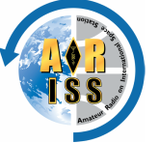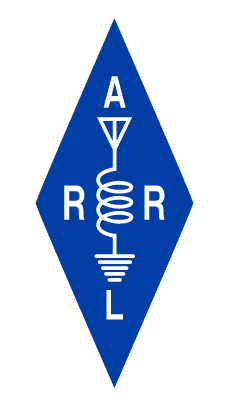 From ARISS.org:
From ARISS.org:
October 9, 2023—Amateur Radio on the International Space Station (ARISS) has received schedule confirmation for an ARISS radio contact between an astronaut aboard the International Space Station (ISS) and students at the Covenant Christian Academy (CCA) in West Peabody, MA. ARISS conducts 60-80 of these special amateur radio contacts each year between students around the globe and crew members with ham radio licenses aboard the ISS.
CCA is a private school that serves over 430 students, Pre-K through12th grade. To prepare for this ARISS contact CCA integrated space-themed aspects into its STEM program and STEM-related activities. The physics and chemistry students hosted “Space Week” where they put together interactive displays on everything from the physics of black holes, Doppler shift, life on the ISS, to the chemistry of astronaut cuisine. STEM-related activities engaged students in their newly instituted Rocketry Club, Women in STEM Club, and a robotics lab. Amateur radio activities, such as learning about ham radio and radio communications, are being provided during after-school programs by members of area amateur radio clubs.
This ARISS contact will allow students to ask their questions of Astronaut Loral O’Hara, amateur radio call sign KI5TOM. The downlink frequency for this contact is 145.800 MHz and may be heard by listeners within the ISS footprint that encompasses the amateur radio ground station in West Peabody, MA.
Amateur radio operators using call sign N1DQF will operate this radio station to establish and maintain the ISS connection.
The ARISS radio contact is scheduled for October 13, 2023 at 9:47 am EDT (MA) (13:47 UTC, 9:47 am EDT, 8:47 am CDT, 6:47 am PDT). The public is invited to watch the live stream at: https://vimeo.com/event/3761617.
_______________________________
As time allows, students will ask these questions:
1. What happens with all the trash on the ISS?
2. What is the best part and worst part about living in space?
3. Is the wifi and internet connection better in space?
4. How do you get your supplies delivered to the space station?
5. Do you play games in space? If so, how are they different from the games you play on earth?
6. What is your favorite workout to do for two hours each day to keep your muscles in shape?
7. What has been one of your hardest or scariest moments on the ISS?
8. How do you train your bodies to fall asleep on the ISS since your circadian rhythm can’t be regulated to the earth’s rotation on its axis?
9. Does time feel different on the ISS?
10. Is there any research that you are currently involved in? If so, how does it benefit the earth?
11. What is your favorite meal or snack to eat in outer space?
12. What types of jobs do you do while on the International Space Station?
13. How do you fix the solar panels on the space station?
14. Do you have any animals on the ISS right now? What are they?
15. What happens when someone gets sick on board the ISS?
16. When you come back to earth from space, do you feel the pressure of gravity, and if so, how much does this affect you?
17. What was the most challenging part of your training that prepared you to work on the International
Space Station?
18. What’s the most amazing thing you have seen from space?
19. Has living on the ISS changed any of your perspectives on life?
20. Is all the training, preparation, and hardship you endure to be an astronaut on the ISS worth it?
About ARISS:
Amateur Radio on the International Space Station (ARISS) is a cooperative venture of international amateur radio societies and the space agencies that support the International Space Station (ISS). In the United States, sponsors are the American Radio Relay League (ARRL), Amateur Radio Digital Communications (ARDC), Radio Amateur Satellite Corporation (AMSAT), NASA’s Space Communications and Navigation program (SCaN) and the ISS National Lab—Space Station Explorers.
The primary goal of ARISS is to promote exploration of science, technology, engineering, the arts, and mathematics topics. ARISS does this by organizing scheduled contacts via amateur radio between crew members aboard the ISS and students. Before and during these radio contacts, students, educators, parents, and communities take part in hands-on learning activities tied to space, space technologies, and amateur radio. For more information, see http://www.ariss.org.
Media Contact:
Dave Jordan, AA4KN
ARISS PR
Find us on social media at:
X: ARISS_Intl
Facebook: facebook.com/ARISSIntl
Instagram: ariss_intl
Mastodon: ariss_intl@mastodon.hams.social
